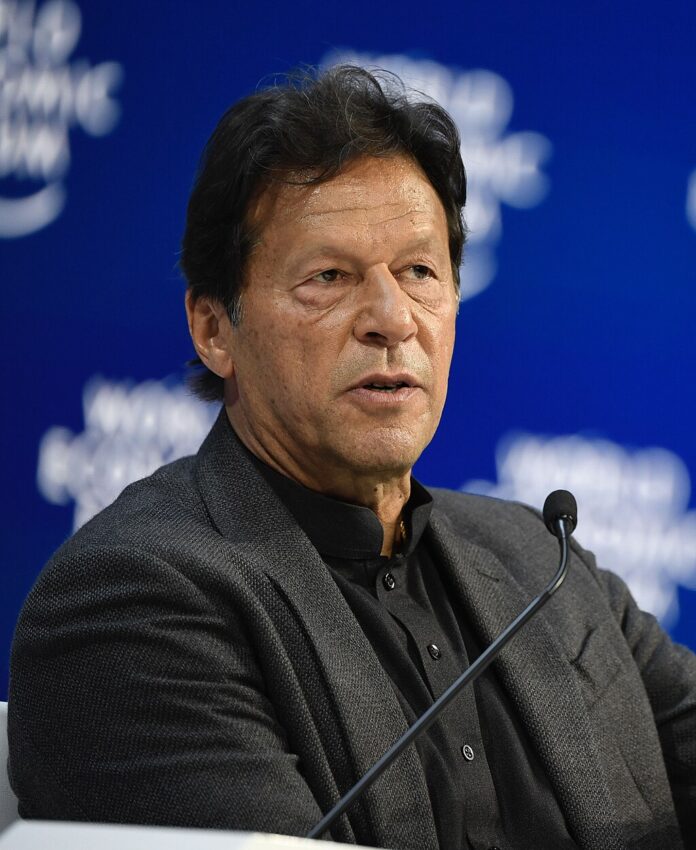Former Prime Minister Imran Khan appeals for urgent hearing to challenge Election Commission’s decision
Imran Khan, the founder of Pakistan Tehreek-e-Insaf (PTI) and former prime minister, has formally requested the Supreme Court of Pakistan to expedite the hearing of his appeal against his recent disqualification. The application, filed through his legal representative Barrister Ali Zafar, argues that the disqualification is part of a deliberate effort to remove Khan from the political arena.
The Election Commission of Pakistan (ECP) had previously de-seated Khan from his Mianwali seat following a reference from the National Assembly Speaker. This decision, Khan asserts, has effectively barred him from participating in upcoming elections, which he views as an attempt to undermine his political career and influence.
Embed from Getty ImagesKhan’s plea emphasizes that the disqualification not only affects his political future but also undermines the democratic process in Pakistan. The application highlights that Khan was unfairly prevented from running in the elections, which he argues infringes on his rights and the rights of his supporters.
The Supreme Court’s response to this application could have significant implications for Pakistan’s political landscape. A swift review could potentially overturn the ECP’s decision, allowing Khan to re-enter the electoral fray. Conversely, if the court upholds the disqualification, Khan’s political career could face severe restrictions, affecting PTI’s position in upcoming elections.
Analysis:
Political: Imran Khan’s appeal to the Supreme Court reflects ongoing tensions within Pakistan’s political sphere. The disqualification is seen as a significant move against one of the country’s most prominent political figures. If the court rules in Khan’s favour, it could shift the dynamics of upcoming elections and reassert PTI’s influence in Pakistani politics. Conversely, a ruling against Khan might consolidate the position of his political opponents and alter the balance of power. The case highlights broader issues regarding the fairness and transparency of Pakistan’s electoral and legal systems, raising questions about political motivations and judicial independence.
Social: This legal battle mirrors the deep divisions within Pakistani society. Khan remains a highly polarizing figure, with significant support and opposition across the country. The disqualification and subsequent appeal underscore societal debates about political fairness and the role of legal institutions in political disputes. The case might influence public perceptions of justice and accountability, as well as the legitimacy of political processes in Pakistan. Khan’s supporters view the disqualification as a political manoeuvre, while his detractors might see it as a necessary step to uphold legal standards and political stability.
Racial: The disqualification case does not directly engage with racial issues. However, it is part of a broader context where political disputes often intersect with ethnic and regional identities. In Pakistan, political struggles can sometimes exacerbate regional tensions, though this case primarily focuses on legal and political questions rather than racial dynamics.
Gender: The appeal does not specifically address gender issues, but it is worth noting that Imran Khan’s leadership and political career intersect with broader gender dynamics in Pakistan. The country’s political landscape often includes discussions about gender representation and the role of women in politics. Khan’s case may indirectly influence these discussions by shaping the political environment in which gender-related policies and issues are debated.
Economic: The political uncertainty surrounding Khan’s appeal could have broader economic implications. Political stability is crucial for investor confidence and economic growth. A prolonged legal battle or a decision that significantly alters the political landscape could impact Pakistan’s economic environment by affecting market stability and investor sentiment. Additionally, the focus on political disputes might divert attention and resources away from economic development and reforms.
